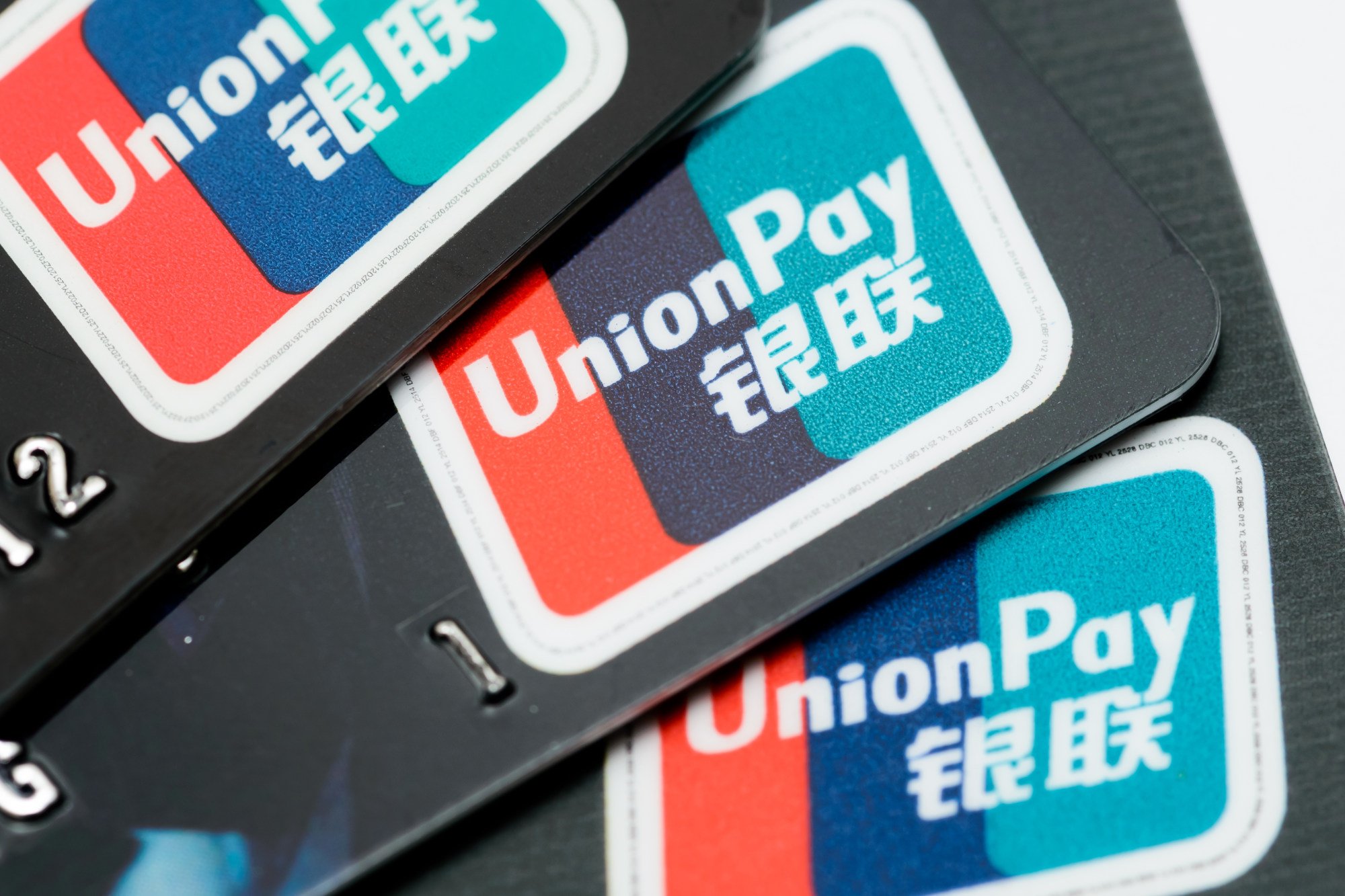
Singapore restricts remittances to China after US$10 million in funds frozen
- The three-month suspension follows reports of remittances through Singapore being frozen in beneficiaries’ bank accounts by Chinese law enforcement
- Remittance companies have been directed by the Monetary Authority of Singapore to use only bank and card channels when transferring money to China
The three-month suspension, to start on January 1, follows reports that remittances to China through Singapore were frozen in their beneficiaries’ bank accounts in China by law enforcement agencies. The reason was unclear.
Remittance companies have been directed to use only bank and card channels when transferring money to China, according to the MAS’ statement.

As of December 15, Singapore police had received more than 670 reports of remittances being frozen, with about S$13 million (US$9.8 million) of funds affected, Singapore Police Force and the MAS said in a joint statement. Some 430 of the reports were against Samlit Moneychanger Pte Ltd.
The government ordered the suspension to “minimise risks to consumers remitting funds to China,” the MAS said. To keep transaction costs low, remittance companies tap overseas third-party agents, rather than banks, to complete the assets transfer from Singapore to China, it added.
“In recent months, for a very small proportion of such remittances, the monies received in beneficiaries’ bank accounts have been frozen by the PRC [People’s Republic of China] law enforcement agencies,” the MAS said. “It is not clear why these funds had been frozen.”
IMF chief urges adoption of central bank digital currencies at Singapore event
The MAS said it might terminate or extend the suspension after March 31, 2024 or take further measures as appropriate.
Despite the warnings, some people were still using Samlit to wire money to China on Tuesday. Zhao Jianbin, a worker in Singapore from Jiangsu province, sent some money in the morning to his family.
The long-time Samlit customer has been in Singapore for some 20 years. “I have been using this out of habit. Banks are troublesome,” said Zhao, adding that he wasn’t too worried about funds being frozen. “I’m not concerned because it has never happened to me before. I don’t remit large amounts.”
Banks are troublesome. I’m not concerned … I don’t remit large amounts
China limits capital flow, capping the amount of foreign currency individuals can receive or remit to US$50,000 without special approval. People who have needs that exceed the limit often resort to remittance agencies that sometimes use illegal means to help evade such controls.
Investors are closely monitoring China’s moves to tighten regulation on the sector, following an outflow spike this year. The exodus of money from the world’s second-largest economy peaked in August and has turned more moderate since then, with the November amount roughly in line with monthly average outflows in the first quarter.
Singapore’s central bank said people should use other channels for remittances into China, such as through banks or card networks such as China’s payment services firm UnionPay International, to prevent any inadvertent freezing of monies or accounts.
The MAS also warned people against rushing to remit money to China via overseas third-party agents before January 1.
Additional reporting by Reuters

